Legacy and the AI Proposition
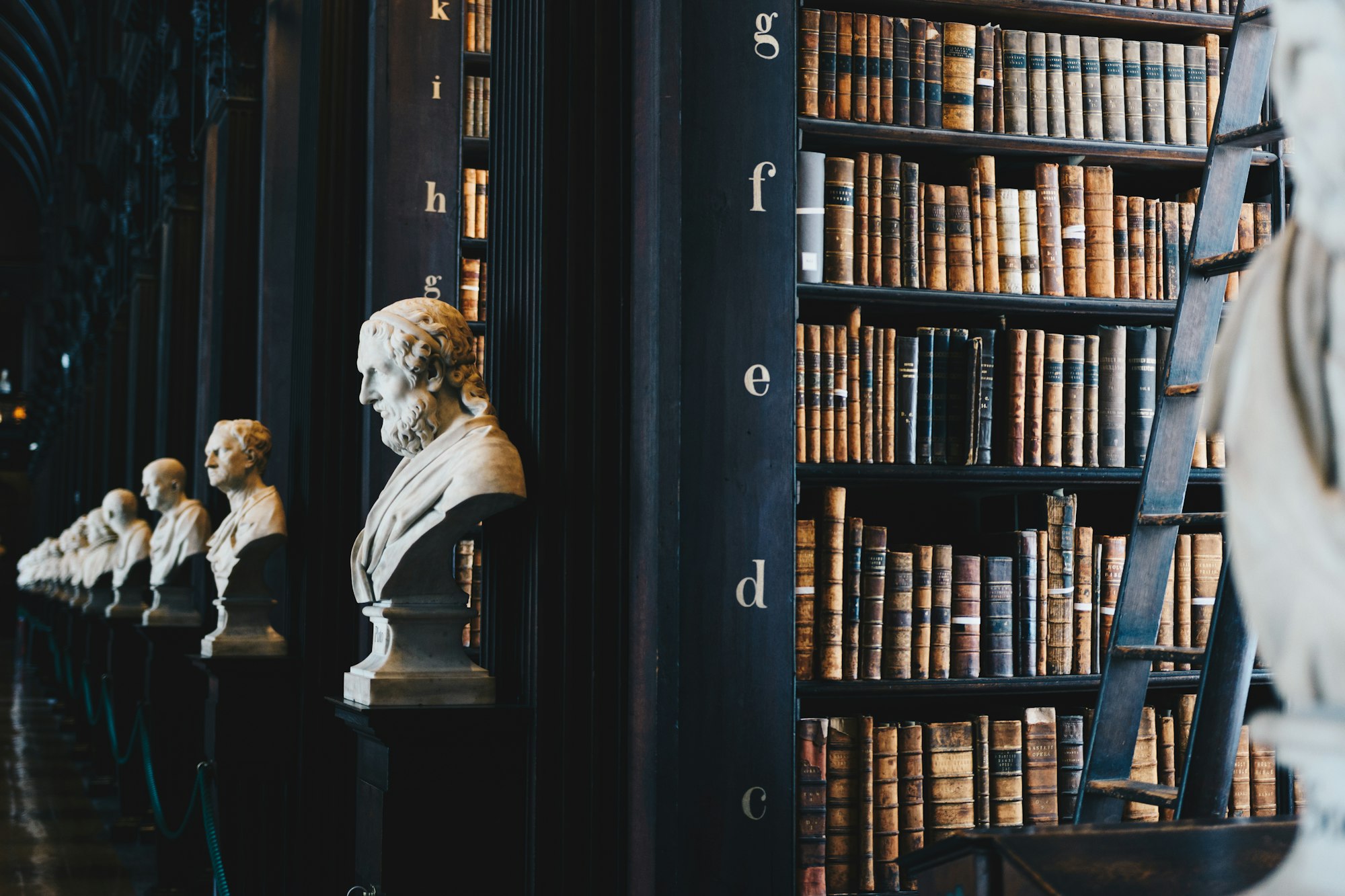
Among the fear and dismay of artificial intelligence, its newfound proposition for the human voice is what had won me over.
The human voice is an instrument that has passed on cannon, challenged culture and continues to archive the vulnerability of human expression throughout history.
At times a voice is capable of enrapturing us into an unexplainable state. At its sublime in sound and performance, a single voice can be a form of magic.
However the voice itself (its timbre, texture, personality, identity) has never possessed the intellectual property or commercial value as other elements of music. Its value was limited to its contributions to a musical recording or live performance.
Until now.
What I'm talking about here is AI likeness technology – or what some call voice modeling or voice cloning through the use of AI.
The reason this area of AI innovation has resonated with me is two-fold.
- Personally – my mother was a professional singer
- Professionally – I work on improving, innovating and protecting the value, rights and economics of music
Also what AI likeness technology has created is two-fold.
- newfound Intellectual Property (IP) that generates a new revenue stream for artists
- the means to create and preserve legacy
Legacy
What is this brief mortal life if not the pursuit of legacy?
Everyone of us would define legacy differently.
Our storied lives are shaped differently, as are our 'gifts', experiences and our pursuit of some form of purpose.
Ultimately – legacy is creating something enduring that can be passed on, hopefully through several generations.
And what I realized is AI likeness gave my mother the ability to preserve her singing voice for the next generation.
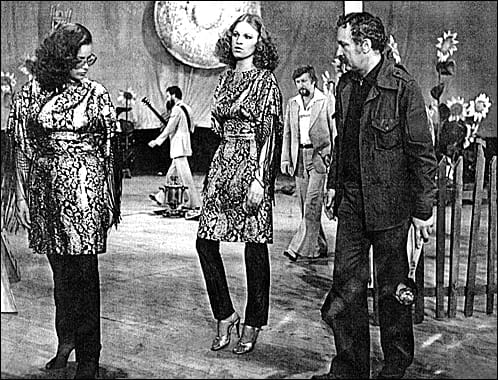
Fearless
Recently my mother had prompted the conversation about getting her affairs in order and discussing her eventual passing. As for most her age, it is not the easiest of conversations.
As the son of two working immigrant musicians, I grew up with not much possession wise but had the cultural wealth of being the child of two respected pillars of their community. Their work ethic and passion for the arts taught me much about life that is ingrained in everything I do.
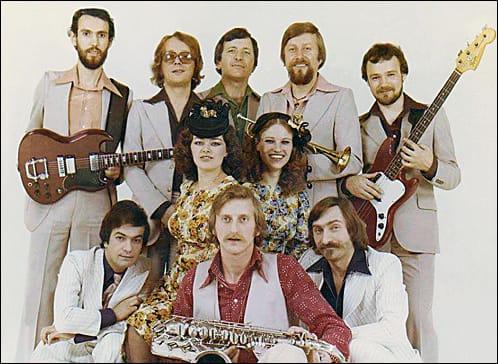
When the subject of her will and testament came up, instead of speaking about possessions I asked her –
"What would you do if I could preserve your singing voice, forever?"
Instead of fear there was bewilderment and innocent jubilation at the idea.
It dawned on me there is little-to-no fear of this technology for someone beyond their active years as a performer or singer.
Why?
The reason for my mother's curious jubilation is my daughter, who is four years old and has just begun to show her natural affinity and passion for music – particularly singing.
Immortalization, Meaning, Collaboration
Unspokenly, we both thought about the possibility of my mother passing before my daughter was able to mature and share in that craft together.
Today they play and sing themselves into playful laughter, but I can imagine them in years to come collaborating on something that crosses generations and has some element of depth and meaning for both.
What I can also imagine years from now is my daughter singing a duet with her grandmother years after she has passed or after her voice has aged out of its ability to perform.
There is the opportunity to immortalize that potential.
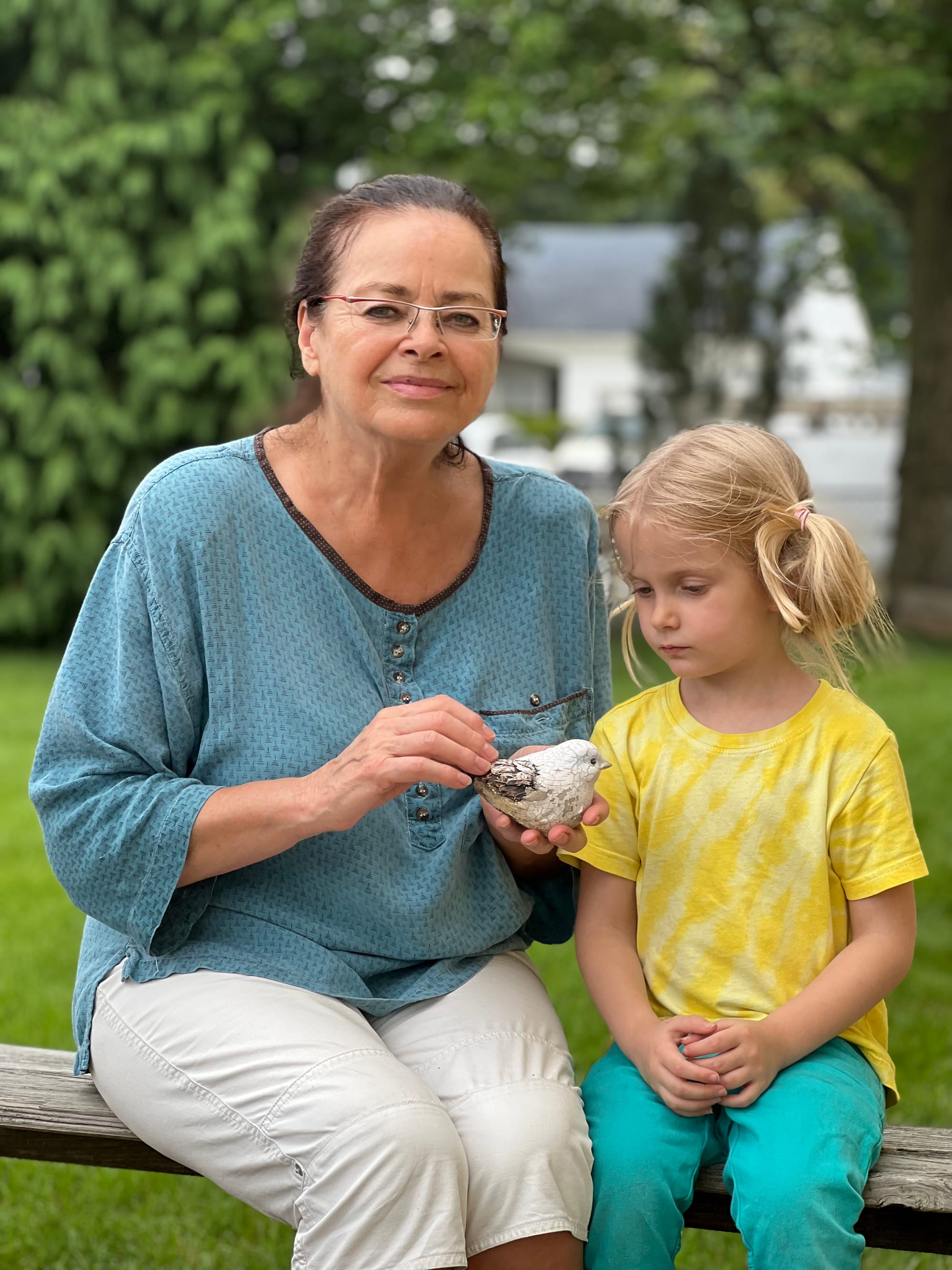
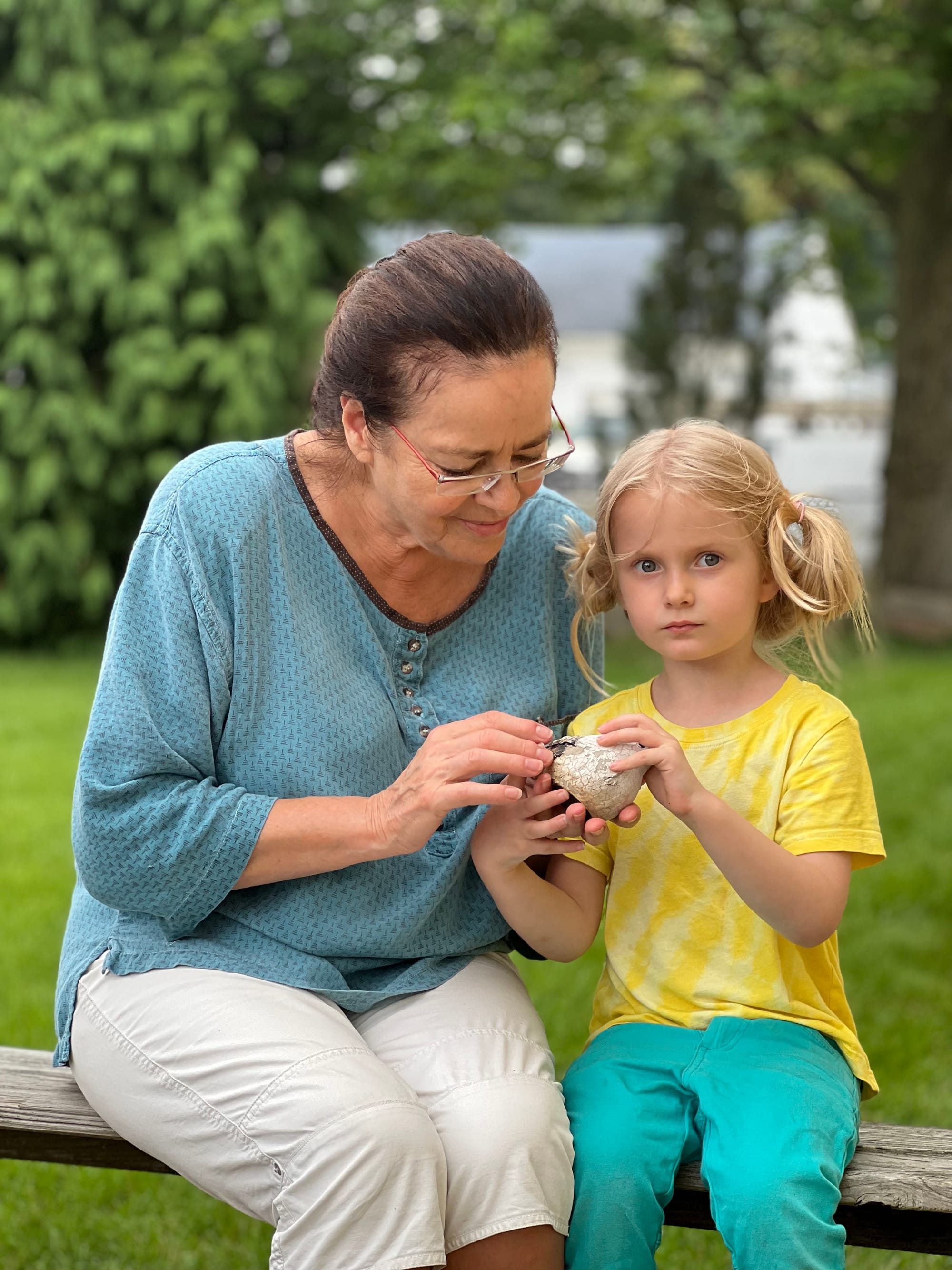
My mother and daughter
But what of artists in their active years, coming to terms with such powerful unregulated accelerating technology?
There is a dire need to directly shape what is happening – technologically, culturally and ethically in this space. We as an industry need to get our affairs in order.
In partnership with the Artist Rights Alliance, 200+ artists including superstar household names have issued an open letter rightfully demanding protection, consent and responsible use of AI in the face of developing challenges.
For all creators pursuing careers in today's fragmented, confusing music economy – what is the best way forward?
As my parents had taught me and I, in turn, teach my children – we must lead by example.
That is why I have joined Voice-Swap.ai as Chief Strategy & Impact Officer, a company founded by industry veterans committed to advocating for artists' rights and the ethical use of AI.
There Is No Room For Desperation
Like any new technology that makes the impossible possible, rapid experimentation and adoption is met with rabid hunger for commercial gains.
Getting ahead of an untamed market, with little-to-no regulation, there is a need for companies to emerge that are able to commercialize the effort and do so ethically.
This is necessary for the welfare of the creator community and for their businesses to thrive.
And it starts with consent.
As we carefully and selectively outsource our humanity to AI, we need AI innovators to institute consent, compliance and certification of their models, while building the means to legitimately monetize this newfound proposition for the human voice.
But Where Is The Money?
Bluntly put – technological innovation in music becomes legitimate when it can both generate revenues and pay royalties based on the new technology.
Relying on royalties from broken systems such as music streaming is an afterthought for the AI likeness opportunity.
For such innovation to have the ability to support and advance human creativity – it has to generate new revenue for artists.
So how do we properly monetize AI likeness?
Do it as the source of the technology's use – meaning at the point of inference (i.e. when a voice is converted to another via the AI model, regardless if it is commercially released).
Integrity Based Commitment
Has anyone pulled this off yet? Yes.
Setting a precedent in the industry, Voice-Swap has issued its first cycle of royalties to its artists for the inference (or conversion) of voices utilizing their certified voice models.
Additionally the company has introduced a new artist dividends program. This ensures that as the platform grows, those artists who trusted Voice-Swap with their voices are also rewarded as key stakeholders while nurturing a long-lasting and trust-based relationship.
Lead by example.
And to clarify – inference based royalties are separate and in-addition to licensed use of these creations generating royalties on streaming platforms and the like.
So What Does This Mean?
While the economic landscape of music is forced to evolve, the human voice occupies a newfound space of significance, generating revenue for artists at the point of creation.
While this may challenge traditional notions of authenticity, AI tools like these are poised to complement, rather than overshadow, the artistry of human expression.
They also amplify and enhance our capabilities, facilitating new forms of collaboration and expression. Great example being Ruth Royall's collaboration with singers across the world to translate her song ‘Lullaby’ into multiple languages.
As we navigate this terrain, legacies are yet to be written.
And we must do so with a commitment to integrity, innovation, and above all, respect for the voices that enrich our lives.
Only then does the potential for artistic innovation know no bounds.